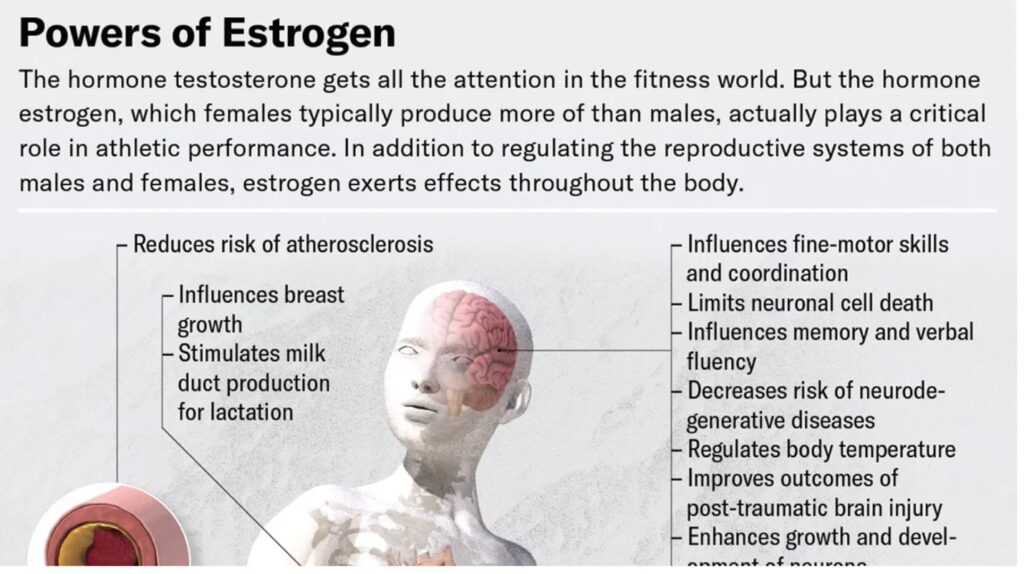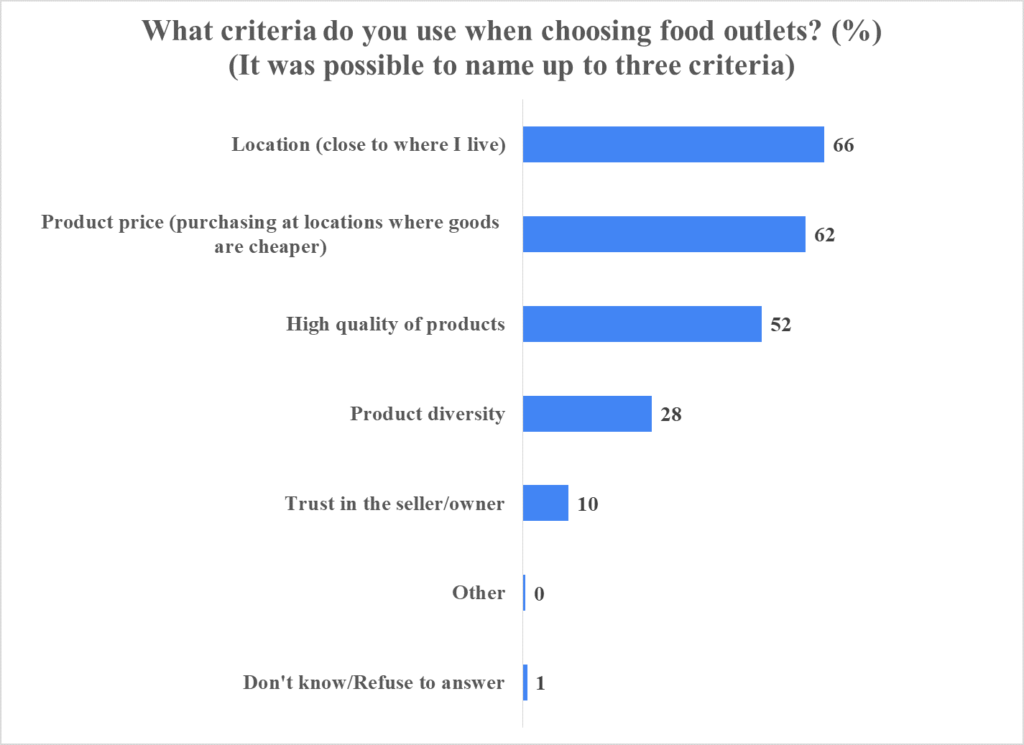This is the fourth blog post in a series analyzing homophobia in the capital of Georgia and is focused on the influence of education and liberal values on homophobic attitudes among Tbilisi residents. Previous blog posts in this series can be found here: Part 1, Part 2, Part 3.
Adamczyk and Pitt (2009) found that attitudes toward homosexuals have become more tolerant in cultures that have successfully gone through the processes of modernization and industrialization and shifted their values from survival to self-expression. Although we cannot test this exact finding in the Georgian context, our findings are similar as they show that among Tbilisi adults, homophobic attitudes are negatively correlated with high levels of education and liberal values.
As mentioned in previous posts, homophobic attitudes were measured by the question: “Whom would you not wish to be your neighbor most?” which was recoded as a dummy variable with the categories “homosexuals” and “others”.
Respondents’ levels of education have been grouped into one of three categories: secondary or lower education, secondary technical education, and higher education. A liberal values score for each respondent was calculated based on the answers to the following six questions:
1) “How acceptable is it for you if a man has long hair?”
2) “How acceptable is it for you if a man wears earring(s)?”
3) “How acceptable is it for you if a woman has eyebrow piercing(s)?”
4) “How acceptable is it for you if a woman drinks strong alcohol?”
5) “How acceptable is it for you if a woman has premarital sex?”
6) “How acceptable is it for you if a man has premarital sex?”
The original coding for each question was: 0 = Never, 1 = Sometimes, 2 = Always. Factor analysis was performed (number of items: 6; Cronbach’s Alpha = .80), eventually resulting in a “liberalism scale” measuring respondents’ level of tolerance. An independent sample t-test showed that, unsurprisingly, the higher the level of education, the lower was the reported level of negative attitudes towards homosexuals (t (526) = 2.19, p =. 03). Also, as expected, people with non-homophobic attitudes scored higher on the liberalism scale (M= 0.14, SD = 1.09) than those with homophobic attitudes (M = -0.29, SD = 0.72, t (526) = 5.09, p =.001).
Similarly, Kendall’s rank correlation analysis showed that the higher the level of education, the less homophobic people are ( (Kendall’s τ (526) = – .10, p = .02). Liberal attitudes were negatively associated with homophobia (Kendall’s τ (214) = – .19, p = .01), indicating that tolerance and acceptance of differences can prevent homophobic attitudes.
Finally, the Wald criteria in logistic regression confirmed that low education and lack of liberal values were significant predictors of homophobic attitudes among Tbilisi adults.

Binary logistic estimates for homophobia (N = 526)
The eB value in Model 1 indicates that when level of education increases by one unit, the odds ratio is 0.78 times smaller, and therefore, a person has 0.78 times less chance to be homophobic. In terms of predictive equation, this means that if someone has secondary education, his or her chance of being homophobic is 37%, while for someone with technical education the respective chance decreases to 32%, and for someone with higher education the chance is 27%. Similarly, each additional point on the liberal attitudes scale decreases the risk of homophobia by 0.61 (Model 2).
Even though the data confirms that a low level of education is a significant predictor of homophobic attitudes of the population of Tbilisi, its predictive role disappears when liberal values are brought into the model. This means that, in Tbilisi, people with higher levels of education are less homophobic, but people who share liberal values (acquired through formal education or other sources) are even less likely to have homophobic attitudes.
Generally, education is considered an important tool for combating homophobia. Educated people are often believed to be exposed to liberal values to a greater extent, compared with non-educated individuals. However, formal education in Georgia does not necessarily contribute to internalization of liberal values. A recent study on intercultural education in the primary grades of Georgian schools showed that 47% of interviewed teachers who teach at the primary level in Georgian public schools think that having a non-traditional sexual orientation should be punishable by law.
Further analysis of the May 17 survey data – moderation using bootstrap – showed that people who share liberal values and personally know homosexuals are less homophobic than those who share liberal values but do not know homosexuals personally. In contrast, people who score low on the liberal attitudes scale and personally know homosexuals are even more likely to be homophobic than those who do not share liberal values and do not know homosexuals personally.
To summarize, one of the most salient predictors of homophobic attitudes in Tbilisi is level of education, even provided that, as other studies suggest, tolerance is not specifically promoted in the system of formal education. The predictive role of education, however, disappears when liberal values are added to the statistical model. As moderation analysis shows, the relationship between liberal values and homophobic attitudes is further enhanced by respondents’ personal contact with homosexuals.
These results indicate that fostering liberal attitudes through formal and non-formal education, the media as well as other channels will be a good strategy to address the problem of homophobia in Tbilisi. Concrete policy recommendations will be presented in the final blog of this series.










